Why Australia’s ‘carbon bubble’ has just popped
America’s return to the Paris Climate Agreement kickstarts a new era – with carbon tariffs on Australian exports increasingly likely.

Australia will get a strange and possibly rude indicator of where it sits in the global popularity stakes next month.
The OECD is expected to finalise the selection of its next Secretary-General in March, with Australia’s Mathias Cormann one of five candidates still in contention.
The Belgian-born, multilingual former finance Minister “would be a walk-in for that job,” were it not for Australia’s reputation as a climate change laggard, John Connor of the Carbon Market Institute told News Corp Australia.
“When we leave our high carbon bubble here in Australia and go overseas, [we see] climate action is quickening, not slow moving,” Mr Connor said.
“Cormann is doing some fancy footwork there and he may yet dance around it, but it’s just lead in the saddlebags.”
If Cormann loses the OECD role, it will complete a trifecta of little shocks senior Liberals have experienced internationally for their perceived lack of action on climate change.
When Tony Abbott was named as the UK’s new trade envoy in September, it came with a barrage of criticism over his climate views; and when Prime Minister Scott Morrison was excluded from talking at a global leaders’ summit in December, it was interpreted as a clear sign Australia was on the outer.
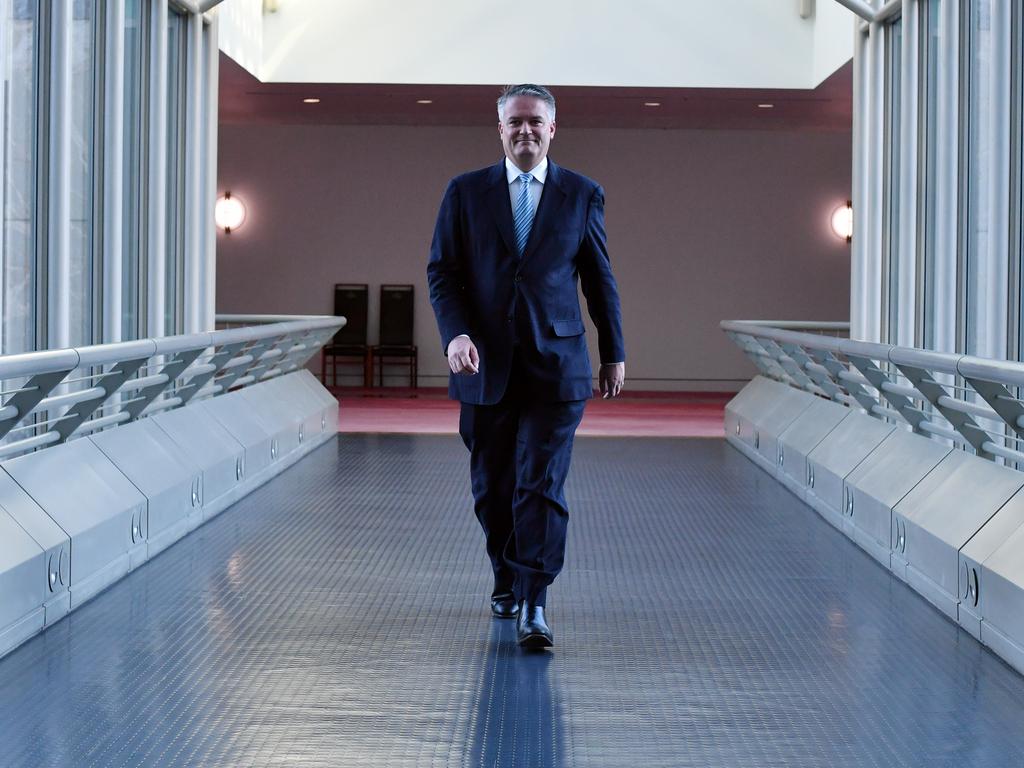
That awkward incident followed the release of the 2020 Climate Change Performance Index by a coalition of activist groups, which ranked Australia as the worst performer on emissions policies out of 57 countries surveyed.
America’s return to the Paris Climate Agreement, which formally took place yesterday after Joe Biden signed an executive order to that effect on January 20, is expected to turbocharge global efforts to reduce greenhouse gas emissions.
Biden’s Paris directive was the sixth of 17 executive orders he signed on his first day in office, and the first not directly linked to the COVID-19 pandemic: a consciously crafted signal of the relative weight the new administration plans to give to climate change.
Biden has also called a global summit for April 22, ahead of the UN Climate Change Conference in Glasgow in November, with the implicit assumption that participating countries including Australia will have something new to announce.
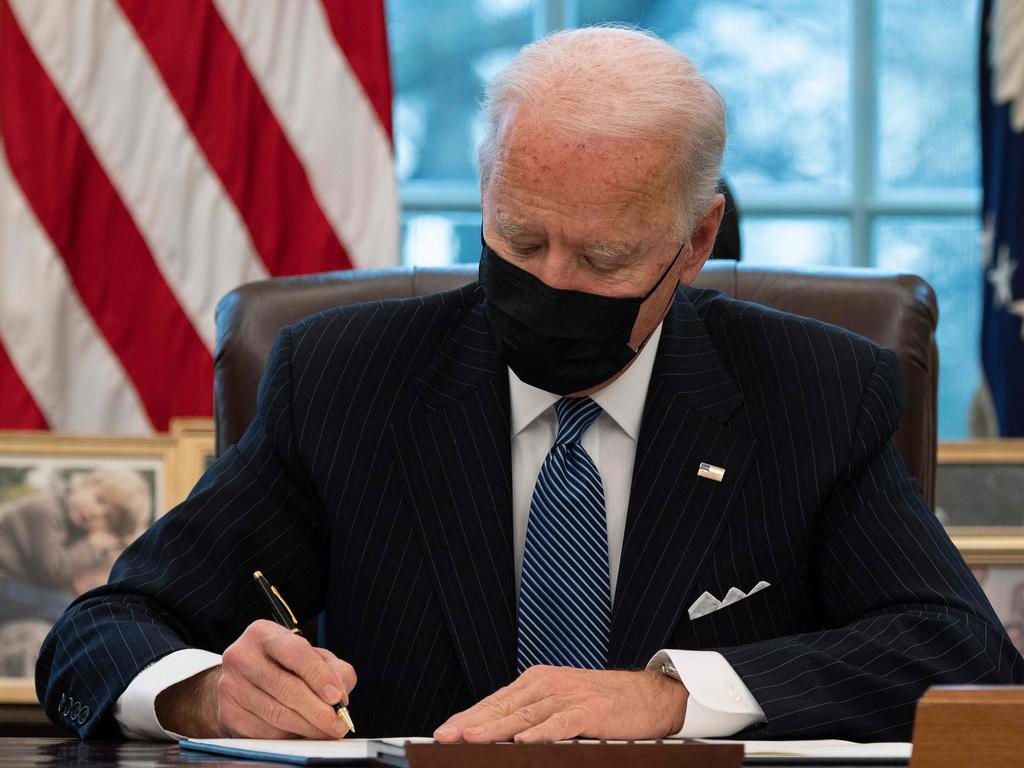
Energy Minister Angus Taylor told News Corp the government’s Long-Term Emissions Reduction Strategy would be released prior to Glasgow, but independent MP Zali Stegall, who has introduced a Climate Change Bill to parliament with a net zero emissions goal, said the pressure on Canberra to set more ambitious targets would only increase.
“At the end of the day, with Trump gone, there is no one left to hide behind,” she said. “Trump was an incredible foil for Morrison. Trump was a climate denier, and incredibly destructive for environmental policies in America. With him being gone and Biden being the absolute opposite … there’s nowhere to go for Australia but to stronger commitments.”
Experts believe it is inevitable Australia will adopt a target of net zero emissions by 2050, matching the states and territories, and all our major trading partners (with the exception of China, which has set a net zero target date of 2060).
Ms Steggall said Morrison has been “crab walking to net zero” over the past year.
This time last year the Prime Minister was saying net zero would cost jobs and push up electricity prices – but in a remarkable shift of rhetoric, earlier this month Morrison said Australia should get to net zero “as soon as possible … preferably by 2050”.
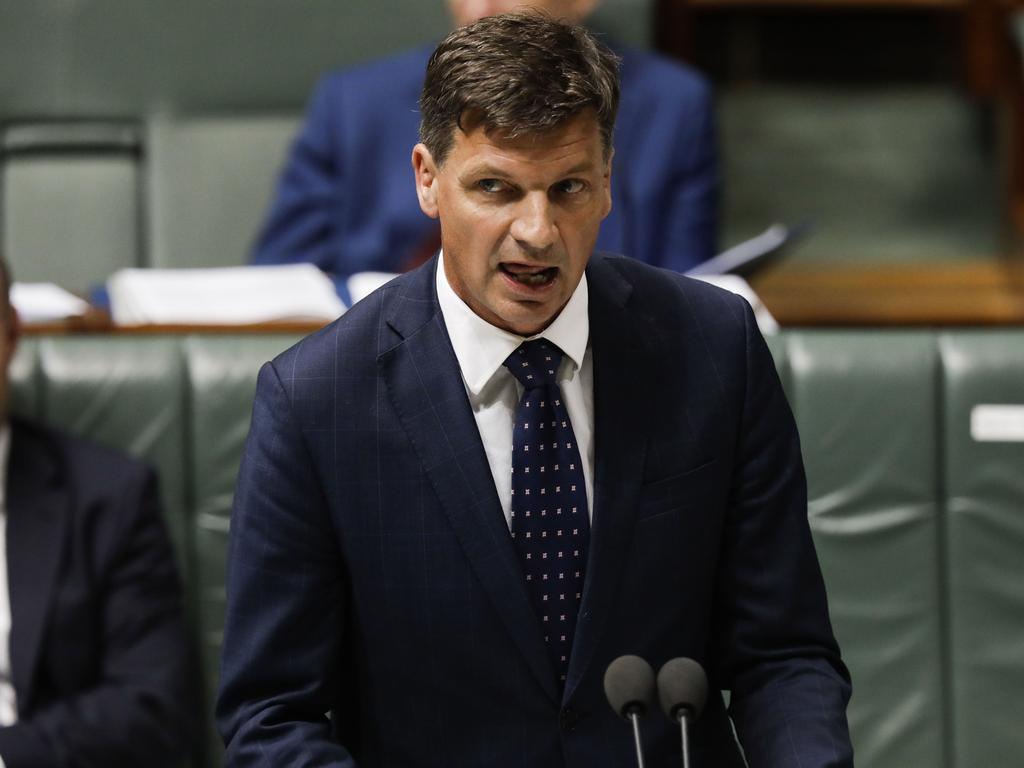
Even so, a legislative push for net zero could prove tricky, with several high-profile Nationals calling for exemptions for the agriculture sector, and threatening to cross the floor over the issue. (Although it is unclear who they would be joining, given a net zero 2050 target is part of Labor’s policy platform.)
Exemptions for agriculture would be “shortsighted and counter productive”, Ms Steggall said, because farms will be needed to deliver the carbon sequestration projects that will help offset emissions – and keeping the sector out of targets means they run the risk of attracting so called “carbon tariffs” from other countries.
Mr Connor said carving out exemptions could trigger “corporate and consumer backlash”.
“Consumers don’t want products that are contributing to the climate crisis, and smart businesses are trying to clean up their supply chains. Agriculture has a lot to offer in this area so the Nationals need to be careful what they wish for,” he said.
Concern about the likelihood of carbon tariffs is growing. A survey of 234 Australian businesses by the Carbon Market Institute late last year found 79 per cent believed carbon tariffs were coming (up from 70 per cent in 2019), and 88 per cent believed the country should move to net zero by 2050 (up from 83 per cent in 2019).
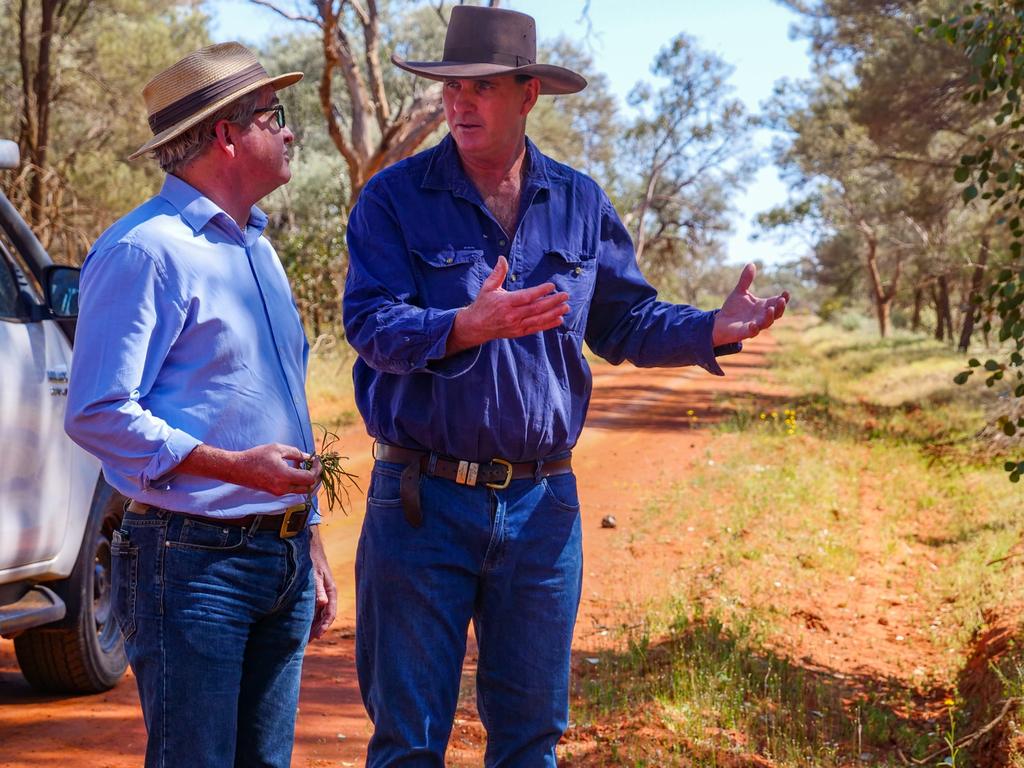
Mr Taylor has said Australia was “dead against” the imposition of carbon tariffs, but with the EU, US, UK, Japan and South Korea all reportedly looking at them, and the World Trade Organisation’s new Director-General Ngozi Okonjo-Iweala reportedly in favour, it is unclear what if anything could be done about them.
“Carbon tariffs aren’t a solution to rising global emissions. They’re just a new form of protectionism,” Mr Taylor said.
“As we come out of COVID, the best way to grow economies is not by putting up the shutters. We want to ensure that engagement on climate change and meeting emissions reduction targets is done in a way that is constructive for global free trade and investment relationships between nations.”
But Mr Connor said tariffs were already on the radar for many businesses.
“They know this stuff is coming, but it has really crystallised quicker than any expected,” he said.
He also warned some industries – tourism and education in particular – could take a hit if Australia’s reputation on environment issues remains poor.
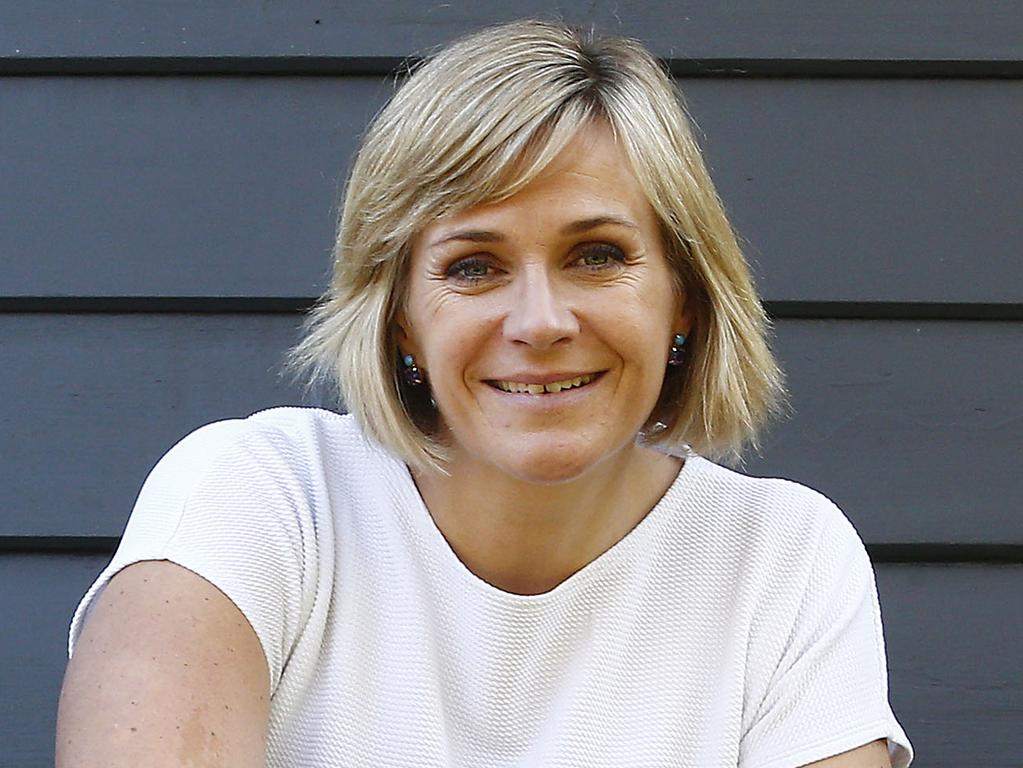
The reality is Australia has positive stories to tell on its environmental record. In recent weeks it has joined a 40-nation alliance to protect the world’s oceans, as well as a group of 118 countries calling for action on raising ambition for climate adaptation and resilience.
In renewable energy, too, there is progress.
Earlier this month Mr Taylor announced a record 7.0 gigawatts of new renewable capacity was installed in Australia in 2020 (11 per cent higher than the previous record, set in 2019), and a record 53.6 terawatt hours of electricity was generated from renewables (16 per cent higher than the 2019 record).
But in other areas, critics say progress is too slow, or non-existent. While Boris Johnson has banned the sale of new petrol cars in the UK from 2030, and Joe Biden has announced the entire US federal fleet will progressively be replaced with electric vehicles (EVs), the Morrison government has been criticised for not doing more.
Releasing a discussion paper on Australia’s future fuel technologies earlier this month, Angus Taylor dismissed subsidies for new technology vehicles, saying they were “not value-for-money for taxpayers” and “an expensive form of abatement”.
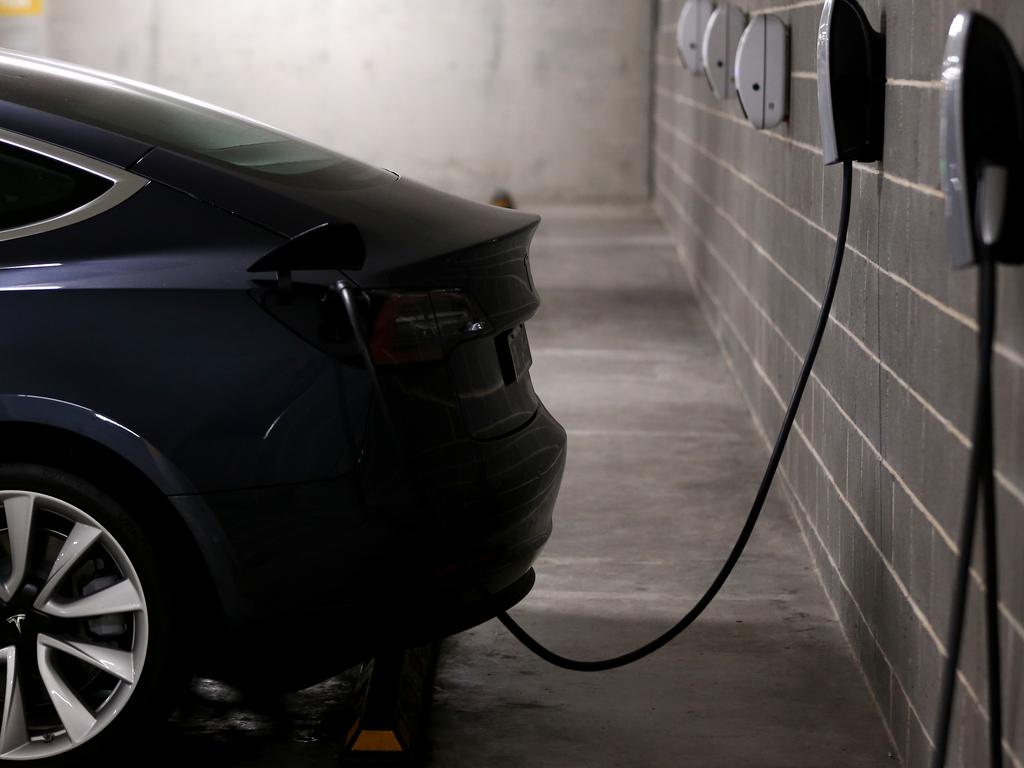
Behyad Jafari, CEO of the Electric Vehicle Council, said while the government might strike a neutral pose on the issue of new-technology cars, the discussion paper represented “the entrenchment of a do-nothing attitude”.
Mr Jafari said EV sales in the UK rose from 3 per cent of all sales in 2019, to 10 per cent in 2020, thanks to subsidies, while in Australia the rates remained at a stagnant 0.6 per cent.
Ms Steggall said it “beggars belief” the government was not doing more to push EVs, as transport represented 20 per cent of Australia’s emissions. While a transition to EVs was “not easy”, she said, “it is a sector where with good planning it can occur.”
Mr Taylor hit back at the critics, saying the Coalition’s policy “is focused on enabling consumer choice and supporting natural uptake when it comes to new vehicle and fuel technologies”.
“Our technology-led approach will allow us to focus on areas we can have the most impact first,” he said.
“It is not the Government’s role to line the pockets of corporations in the EV industry through subsidies that are not value-for-money for taxpayers and are an expensive form of abatement.”
Mr Jafari said it was strange the government seemed to be championing the role of hybrid cars over EVs.
“Hybrids are a great technology – not too long ago I had one – but they came out of the 1990s, and it’s quite startling to see a Minister in 2021 release a discussion paper about the future role of a 30 year old technology,” he said.
“That work should have happened 30 years ago, and we’ve got a new conversation to be having today.”
Originally published as Why Australia’s ‘carbon bubble’ has just popped




